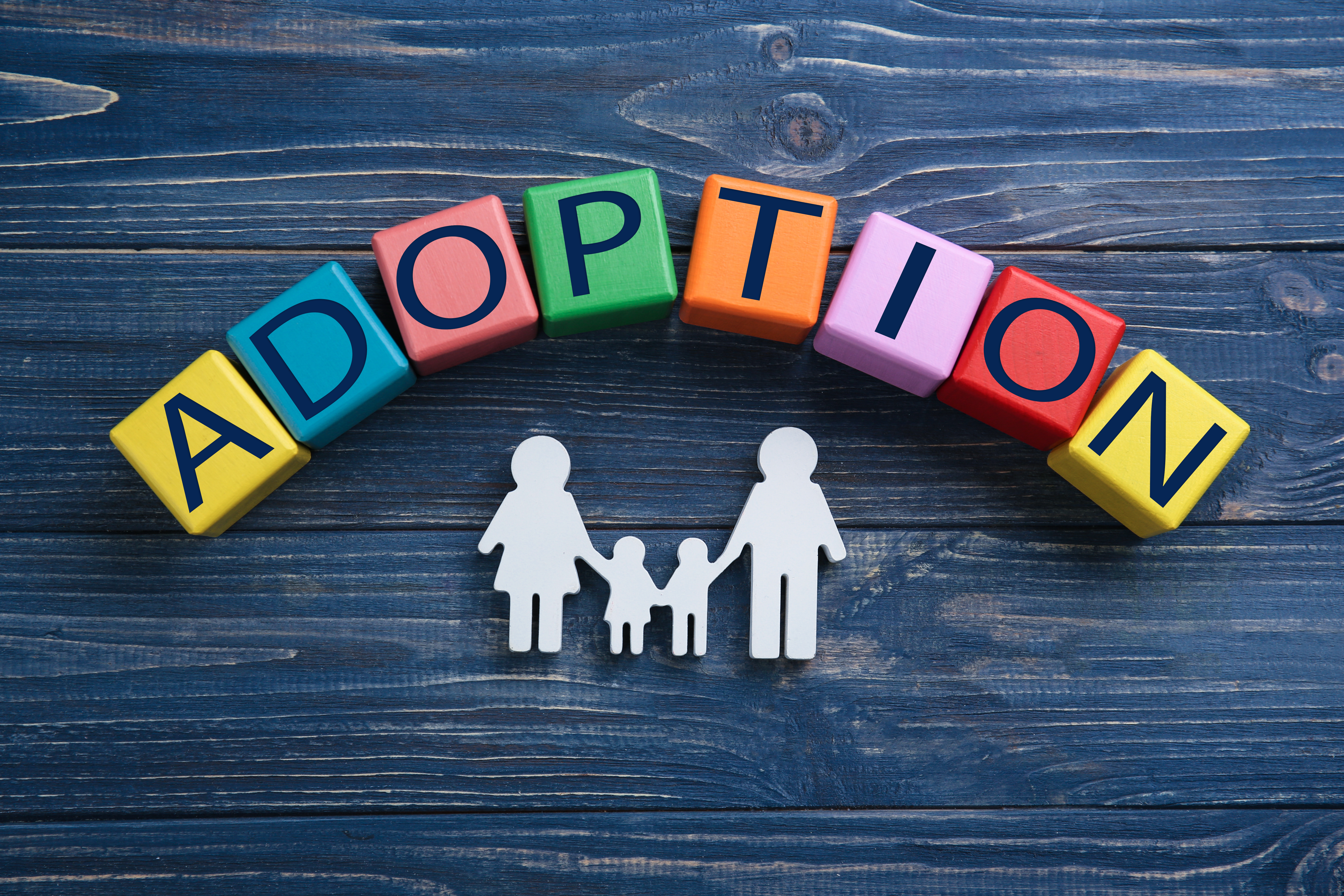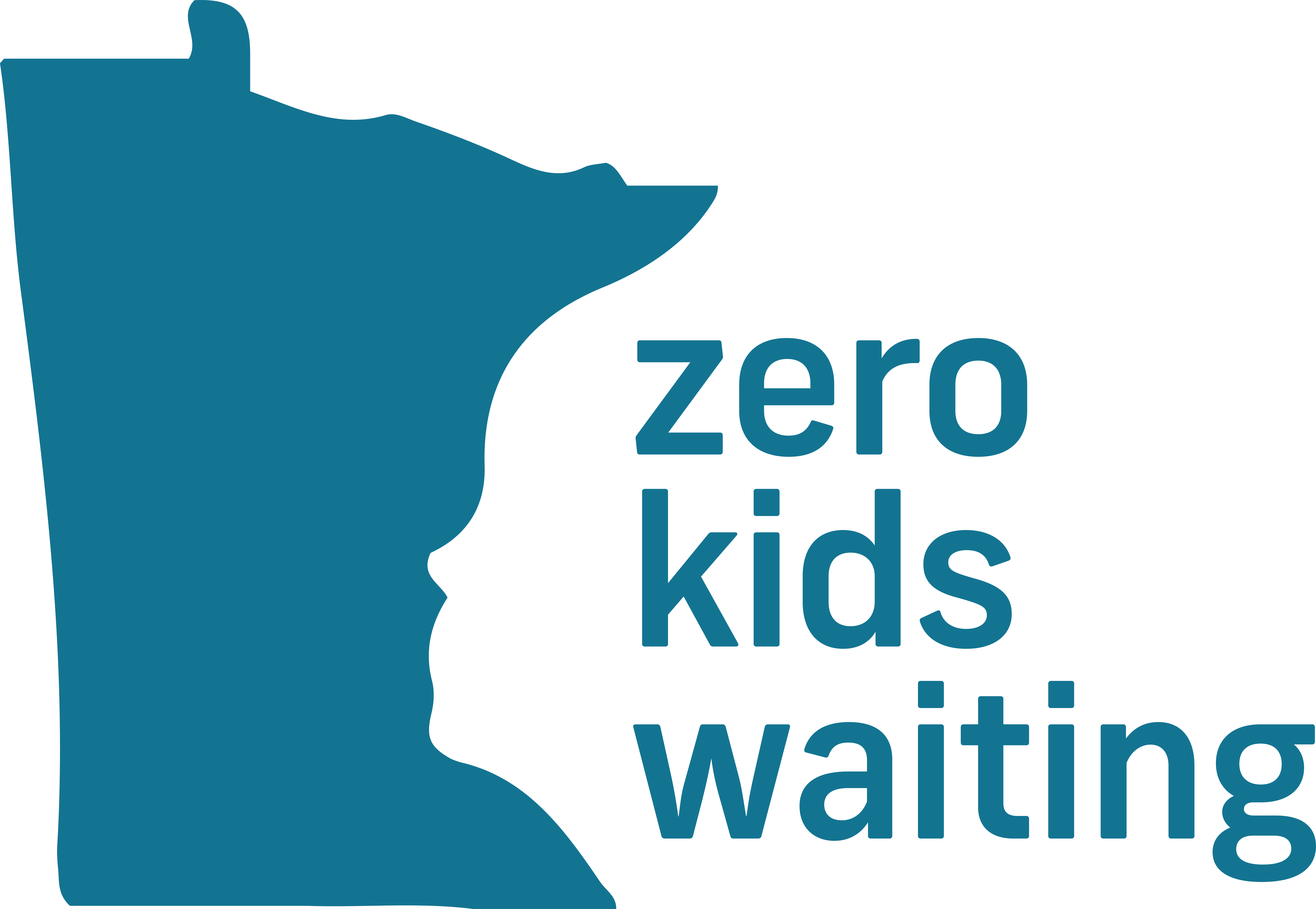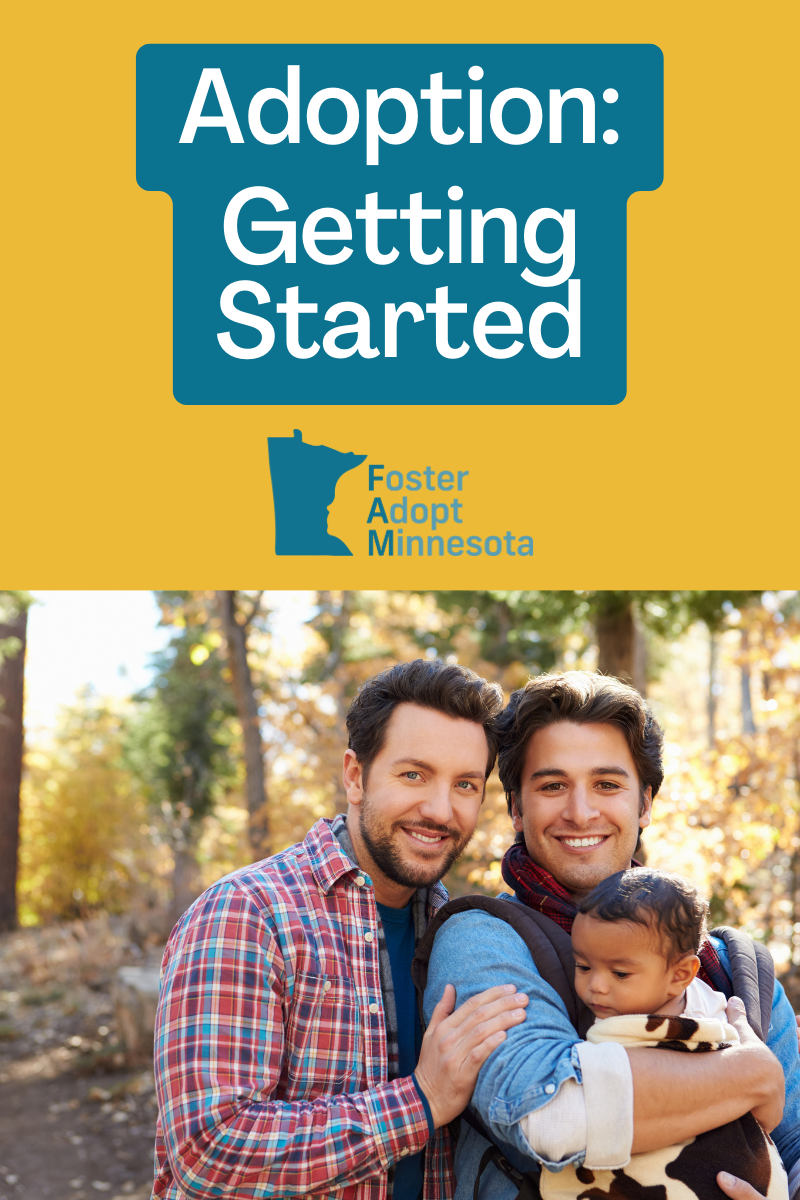Adoption is a way to build a family and create a permanent and loving bond with a child. Everyone involved in an adoption brings something to that relationship. Children and their families bring their personalities, their genetic makeup, their hopes and dreams, and some children bring with them trauma from their early life experiences. Because of the profound losses children who are adopted experience, many adoption veterans, both professional and families, state that any child who grows up separated from the family into which they were born, is a child with special needs.
 A child who joins a family through adoption has the same rights as any children born into that family, including the right to inheritance and the right to bear the family name. In the United States, a child’s adoption into a family must be approved by a court of law. The court issues an amended birth certificate for the child with the adoptive parent’s name listed as the child’s parent.
A child who joins a family through adoption has the same rights as any children born into that family, including the right to inheritance and the right to bear the family name. In the United States, a child’s adoption into a family must be approved by a court of law. The court issues an amended birth certificate for the child with the adoptive parent’s name listed as the child’s parent.
Adoptive parents need not have a high income, nor own a home. Adoptive parents may be single, married, or in a relationship. When adopting older children, there is generally no upper age limit placed on the adopting parents. Depending on the type of adoption they are pursuing, families may work with a county agency , tribal agency or a private adoption agency. Infant and international adoption services are usually provided only by private adoption agencies.
At Foster Adopt Minnesota we have a strong focus on providing information and referral assistance to those interested in being a resource for Minnesota’s waiting children, so much of the information throughout the remainder of the Adoption 101 section will pertain primarily to adopting from foster care.
Below are brief descriptions of the most common types of adoption. If you are interested in domestic infant or international adoption, we encourage you to contact one of the licensed private agencies that assist families with these types of adoption or contact us at zkw@fosteradoptmn.org or 612-861-7115 for further assistance on how to identify an agency.
Foster Care Adoption
Many adoption veterans, both professional and families, state that any child who grows up separated from their family of origin is a child with special needs. However, for the purposes of the Minnesota’s Waiting Children program, we define children with special needs to mean those children who have, or are at risk of, having physical or mental disabilities, and/or emotional or behavioral challenges. Sibling groups who need to be placed in an adoptive home together are also considered to have special needs.
Many special needs are physical and can result from prenatal exposure to drugs and alcohol, genetic birth defects and early neglect or physical abuse. Emotional and behavioral special needs often result from neglect, sexual, or physical abuse, which are all usually accompanied by emotional abuse. Many behaviors of children with special needs are actually coping and survival skills that developed over time. They are responses to unreasonable situations that the children experienced.
Individuals who are interested in adopting through foster care must attend pre-adopt education classes. Those who use the services of a county or contracted private agency to adopt from foster care will not incur any adoption related fees. Additionally, a child adopted from foster care will receive some form of adoption assistance, as well as medical assistance, to help meet the ongoing needs of the child.
County Agency Listing
Private Agency Listing
Northstar Care for Children: Encouraging safe, permanent homes for children Adoption and Concurrent Permanency Planning: Working together to help families
Infant Adoption
Over the years, the number of infants placed for adoption has decreased. In most cases, there are numerous prospective adoptive parents waiting for the limited number of infants available. Adopting an infant can involve lengthy waits and a range of adoption-related fees, and does not include adoption assistance or medical assistance.
For more information on adopting an infant, contact a licensed private adoption agency that specializes in such placements.
Private Agency Listing
Open Adoption Information
International Adoption
Historically, adopting children from other countries was an alternative for those wishing to adopt an infant or toddler. More recently, however, the ages of the children adopted internationally has increased, with most being school age. Many of these children may also have ongoing medical needs.
Similar to children waiting in US foster care, those adopted internationally have likely experienced abuse, neglect or long-term institutionalization.
International adoption typically involves higher adoption and travel related fees, and does not include State provided adoption assistance or medical assistance.
For more information about international adoption, contact a licensed private adoption agency that specializes in such placements.

Foster Adopt Minnesota Facebook
education.fosteradoptmn.org


